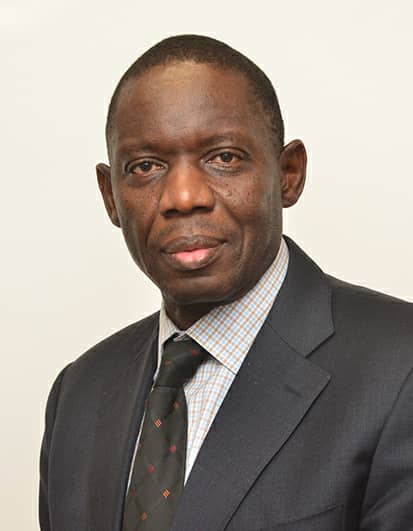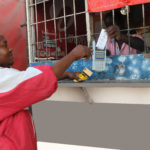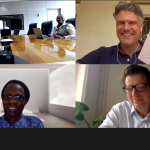The Bank of Uganda (BoU) will host the inaugural Annual Financial Inclusion and Financial Literacy Forum in July 2022, as an avenue to share knowledge, build support and obtain stakeholder feedback on financial inclusion developments in Uganda.
The forum will be presided over by the Deputy Governor, Dr. Michael Ego-Atigi. Minister of Finance Matia Kasaija is expected to be the chief guest.
Participants at the forum will discuss developments in financial inclusion and literacy considering the changing environment.
The forum will help to generate policy proposals to improve access to and usage of quality and affordable financial products and services.
It will also discuss measures aimed at ensuring that Ugandans have the knowledge, skills, and confidence to manage money well.
“The National Financial Inclusion Strategy 2017- 2022 provides for convening of an annual Financial Inclusion Forum as an avenue to share knowledge, build support and obtain stakeholder feedback on financial inclusion developments in Uganda,” BoU says.
The Strategy for Financial Literacy in Uganda, 2019-2024 also provides for an annual stakeholder engagement in form of the Financial Literacy Information Sharing Forum as the primary means of communication with the full range of stakeholders.
BoU has conducted series of financial literacy training of trainers’ courses aimed at producing experts, with knowledge and skills to empower communities with the required financial literacy information through trainings.
As part of the implementation of the “Strategy for financial literacy in Uganda 2019- 2024”, BoU conducts quarterly financial literacy training of trainers (FL ToT) courses. So far, the central bank says 2,000 trainers have been empowered with financial knowledge.
According to the available data, out of the 2,000 financial literacy experts, 40 percent are females and the other 60 percent are male trainers. The training exercise, which started in 2014, has targeted participants from various regions in Uganda.
At regional level, BoU has extended the financial literacy training sessions to the East African countries, with over 140 trainers empowered from Kenya, Burundi, Tanzania and South Sudan.
The financial literacy trainers are based in over 75 districts in Uganda and speak over 33 local languages. Information on how to engage a trainer is available on a website, which is exclusively, dedicated to addressing financial literacy matters.
The training of trainers in financial issues could be important in the Shs490b Parish Development Model (PDM program meant to eradicate poverty through execution of development activities at parish level. “Under the PDM, government will send money to the parish SACCOs where groups can borrow the money and invest it in income generating activities.
However, most SACCOs at the parish level have challenges of financial record keeping as members don’t have that knowledge.
The PDM identifies seven pillars that include: production, storage, processing and marketing; infrastructure and economic services; Financial inclusion; social services; mindset changing; parish based management information system; 7) governance and administration.
The model is aimed at catapulting over 39 percent of the household in subsistence economy to the money economy and increase household incomes and community wellbeing.








